
20 Nov 2024

Drinking a Monster in the parking lot of the clinic where I was born that is now a funeral home
A woman returns to the site of her birth, which is now a funeral home. She drinks a white monster energy drink.


20 Nov 2024

A woman returns to the site of her birth, which is now a funeral home. She drinks a white monster energy drink.

14 Sep 2016

No overview found

02 Feb 2021

No overview found
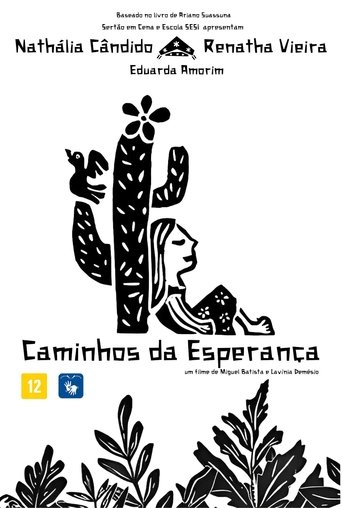
15 Jul 2023

Amid the 2019 drought in Brazil’s Northeast, Madalena loses her mother in a tragic event that changes her life. Alone, she joins a rebellion at the Grajaú farm in Canudos, where a community rises against government neglect. A violent State response turns their hope into sorrow. Later, journalist Júlia returns to uncover the truth, hearing from people like Lúcia, a grieving mother. As Júlia investigates, hidden stories emerge: Madalena's forbidden love with rebel João and Pedro's thirst for revenge after losing his father to political violence. Their paths cross in a tale of justice, pain, and redemption. Inspired by Ariano Suassuna, famed for "A Dog’s Will", this short film is a prelude to "A Pena e a Lei", created by 9th-grade students from Escola SESI Cambona, in Maceió, Brazil. It was screened at the SESI Festival of Art and Culture in July 2023, touching audiences with its emotional and socially conscious narrative.
29 Oct 2012
Short film created for the 2012 anthology 'Mundo Invisível' (Invisible World).
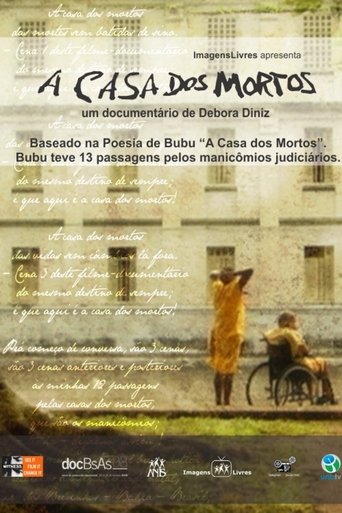
06 May 2009

Bubu is a poet who has been committed to state institutions for the insane twelve times. He challenges the meaning of hospital-jails, hybrid institutions which sentence the insane to life imprisonment. The poem "The House of the Dead" was written during the filming of the documentary and reveals the forgotten deaths that occur in these judicial asylums. There are three stories in three acts of death. Jaime, Antonio, and Almerindo are anonymous men, considered dangers to society, whose punishment is the tragedy of suicide, the unending cycle of being committed to the asylum, or surviving life imprisonment in the house of the dead. Bubu is the narrator of his own life and also of his own destiny-death in the asylum.

11 Sep 2023

No overview found
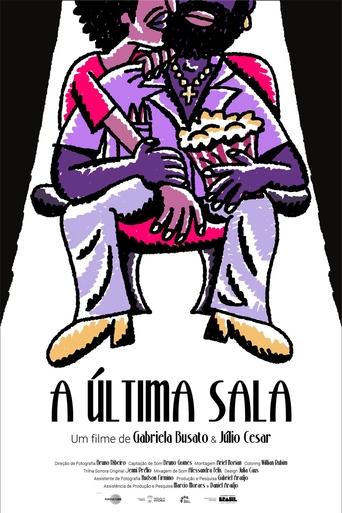
19 Jul 2025

No overview found

15 Mar 2025

A group of friends gathers to celebrate the end of 2023 and the beginning of 2024. Captured through a cellphone camera, the film showcases their various interactions while highlighting the artistic and cultural influences that shape their lives.

22 Dec 2016

Anna Del Conte is The Cook Who Changed Our Lives and the instrumental force in leading Britain beyond the land of spaghetti bolognese and tinned ravioli. Featuring and narrated by Nigella Lawson, Anna’s most ardent advocate, and starring a cast of familiar faces including: Giorgio Locatelli, Antonio Carluccio, Hugh Fearnley-Whittingstall, Prue Leith and Tom Parker Bowles, this film reveals how a Milanese cook, now 91, changed Britain’s attitude to Italian food at a time when we could only buy olive oil in Soho or the chemist. Infused with cherished recipes, revealing archive and personal testimony, The Cook Who Changed Our Lives time travels through Britain’s social history to reveal how we experienced and enjoyed our first taste of Italian food.

13 Mar 2014

The third installment in Dan Přibáň's series of travel documentaries describes the author's journey with his friends across South America in vehicles that are often notorious but cult in their own way. The charming dynamics of the group on screen are further enhanced by the high-quality craftsmanship.
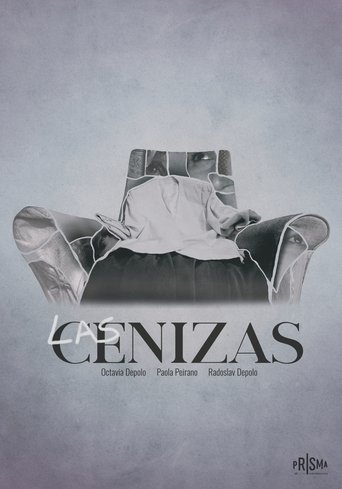
13 Oct 2022

A cellar. A forgotten amphora. The ashes of a woman. Her granddaughter, daughter-in-law and son characterise her, entwining their memories and experiences. They reflect about filial love, gender and isolation through her overbearing nature.
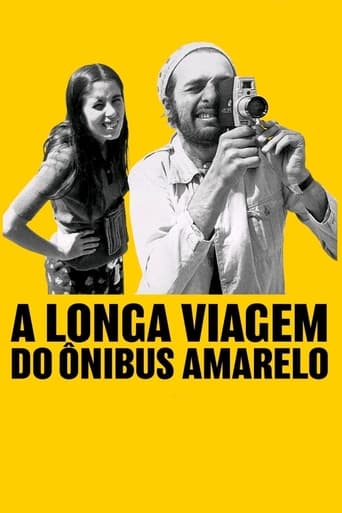
30 Jan 2023

For this behemoth, Bressane took his opera omnia and edited it in an order that first adheres to historical chronology but soon starts to move backwards and forward. The various pasts – the 60s, the 80s, the 2000s – comment on each other in a way that sheds light on Bressane’s themes and obsessions, which become increasingly apparent and finally, a whole idea of cinema reveals itself to the curious and patient viewer. Will Bressane, from now on, rework The Long Voyage of the Yellow Bus when he makes another film? Is this his latest beginning? Why not, for the eternally young master maverick seems to embark on a maiden voyage with each and every new film!
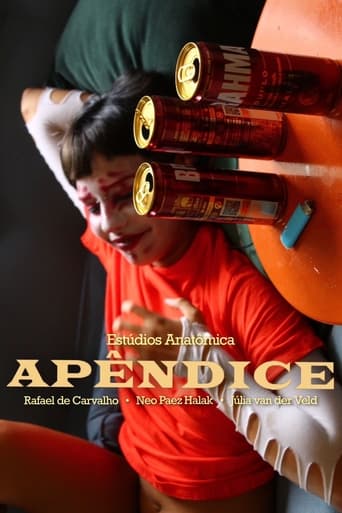
05 Feb 2024

An experimental film following a trip made by three friends in which the contrast between the agitated city of São Paulo, Brazil and the calmness of the beach leads the flow. No script. No story. Just vibes.

08 Jun 2015

A documentary following the day life of fans in Brazil on July 13, 2014: the day when Germany and Argentina met up in the finals of FIFA World Cup.
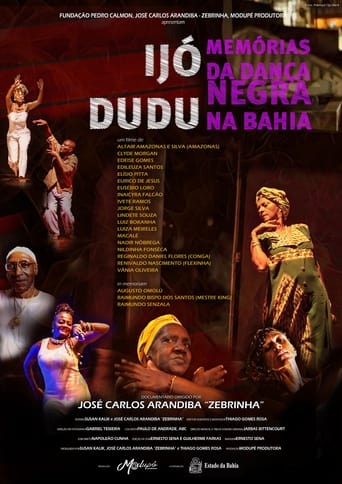
28 Oct 2022

No overview found

11 Dec 2022

No overview found
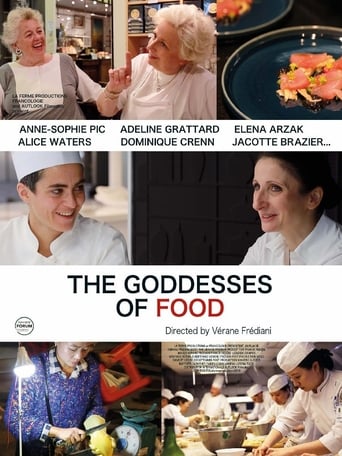
05 Jul 2017

From 3 stars chefs to female cooks, sommelières, entrepreneuses all around the world, meet innovative women who want to change the world through gastronomy.

08 Jul 2021

The documentary Migliaccio - O Brasileiro em Cena follows the path of those who take risks for the art, either as directors, as writers, as scenographers and even as costume designers. The Oscarito trophy received by Flávio Migliaccio in 2014 Gramado Film Festival crowns a career enmeshed by many threads. Since Migliaccio has performed in different fields of art - from cinema and theater to literature and drawing -, the documentary creates varied visual interventions to enchain the narrative, in addition to the interviews and archive pictures, such as a shadow play to represent his humble childhood, and to the cartoons the artist drew to portray his existential questions in his ranch in Rio Bonito (State of Rio de Janeiro). Images and stories that aim to show a professional and personal life pervaded by possibilities and attitudes, both artistic and political.
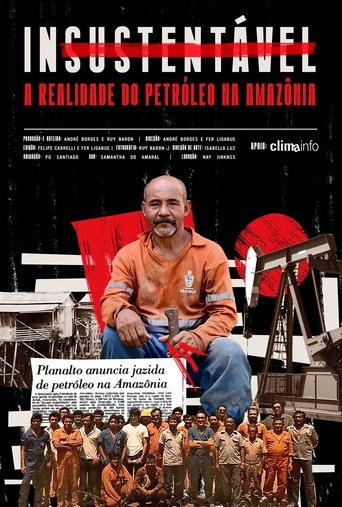

No overview found